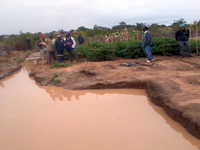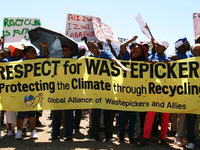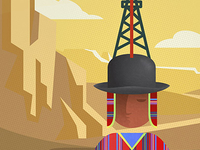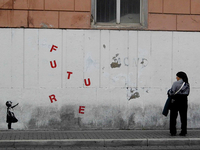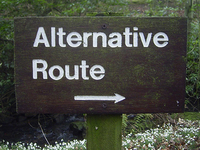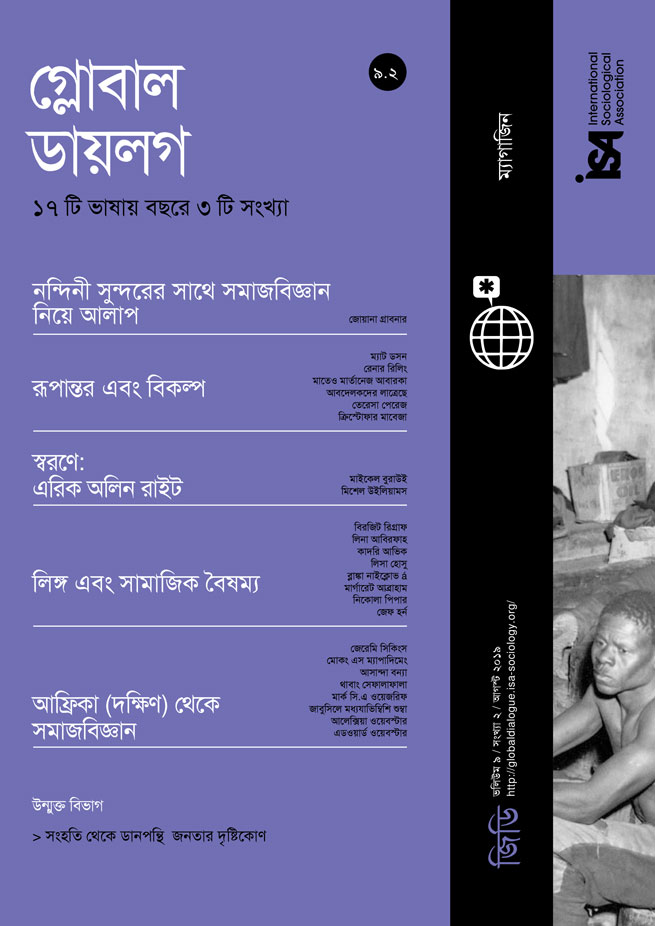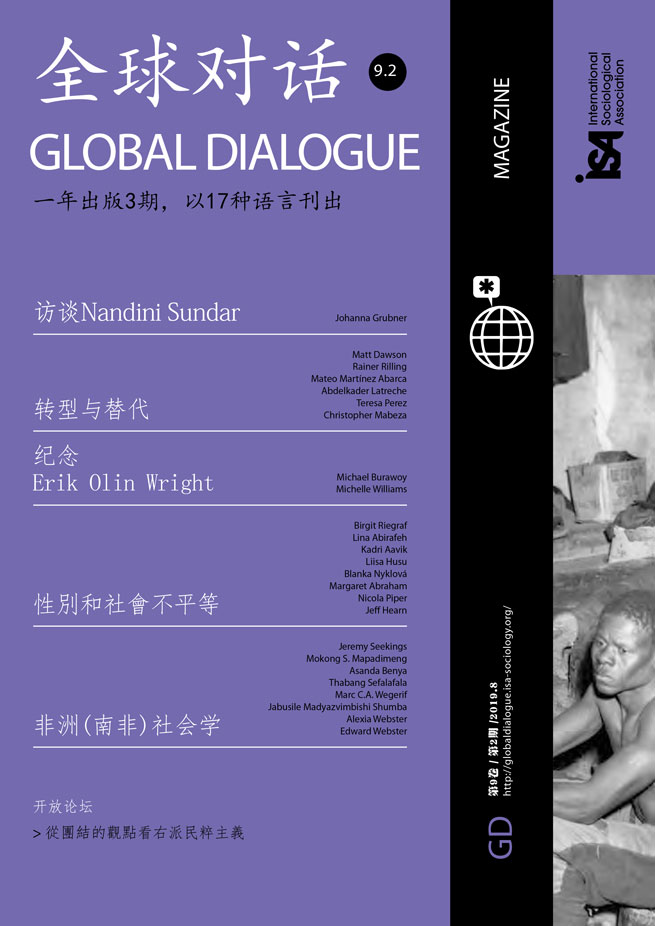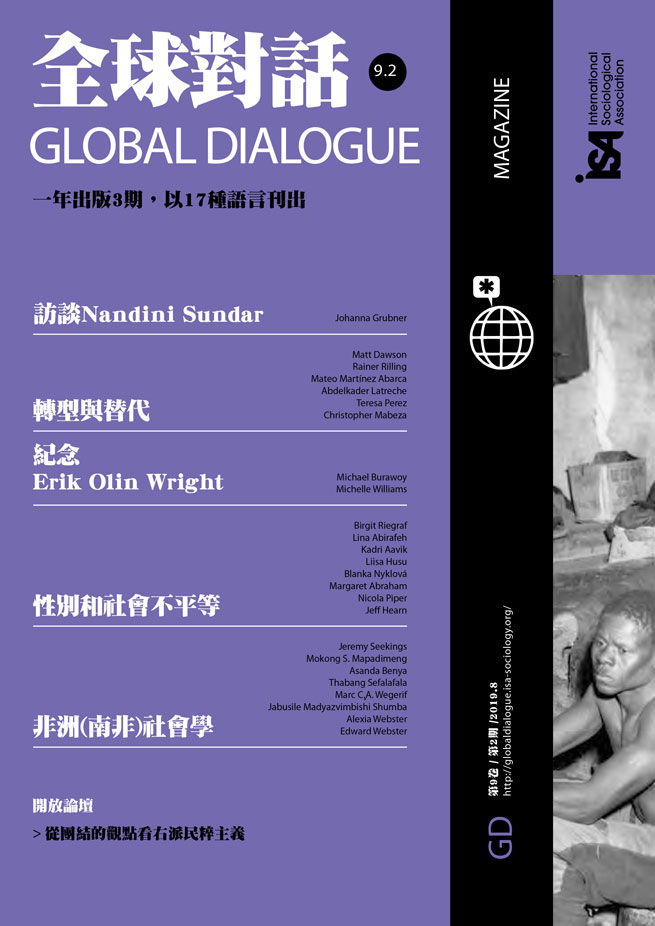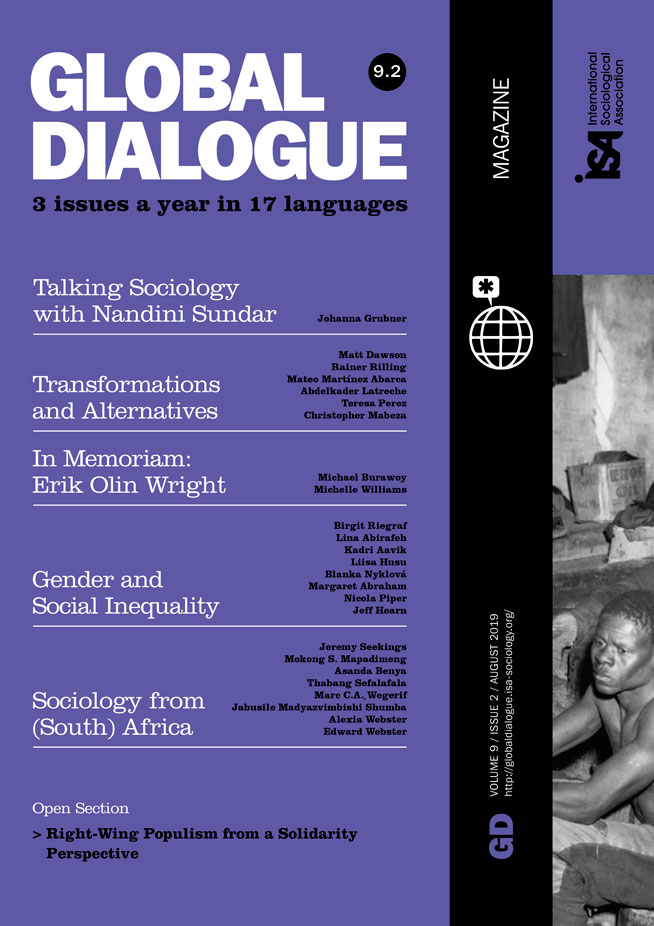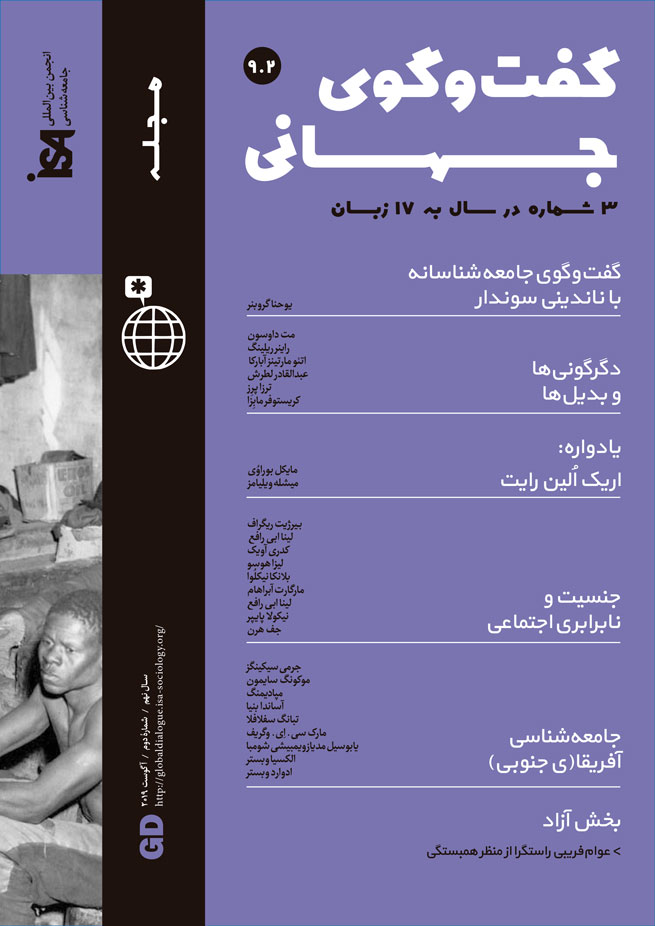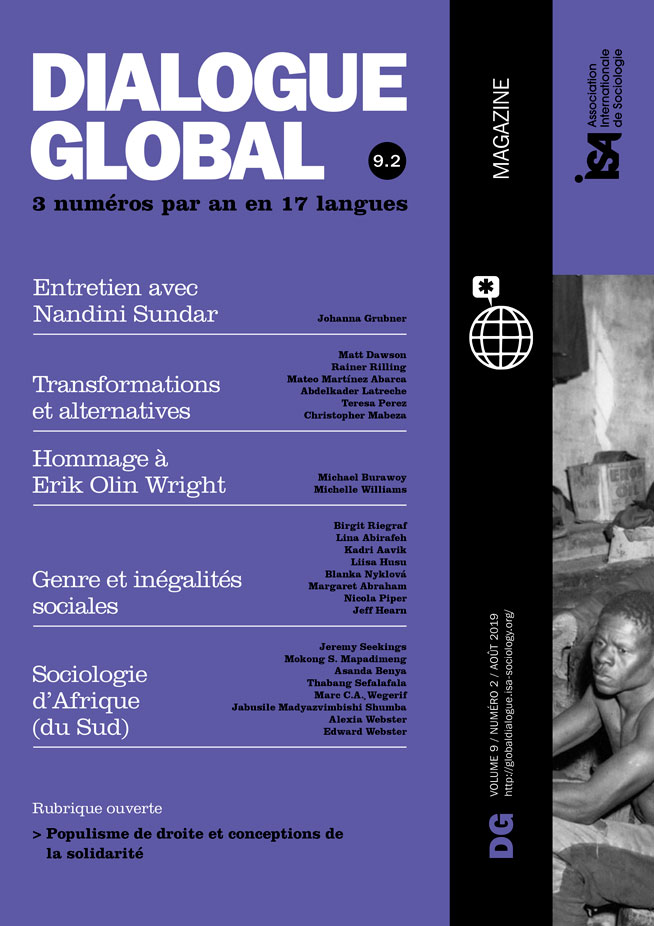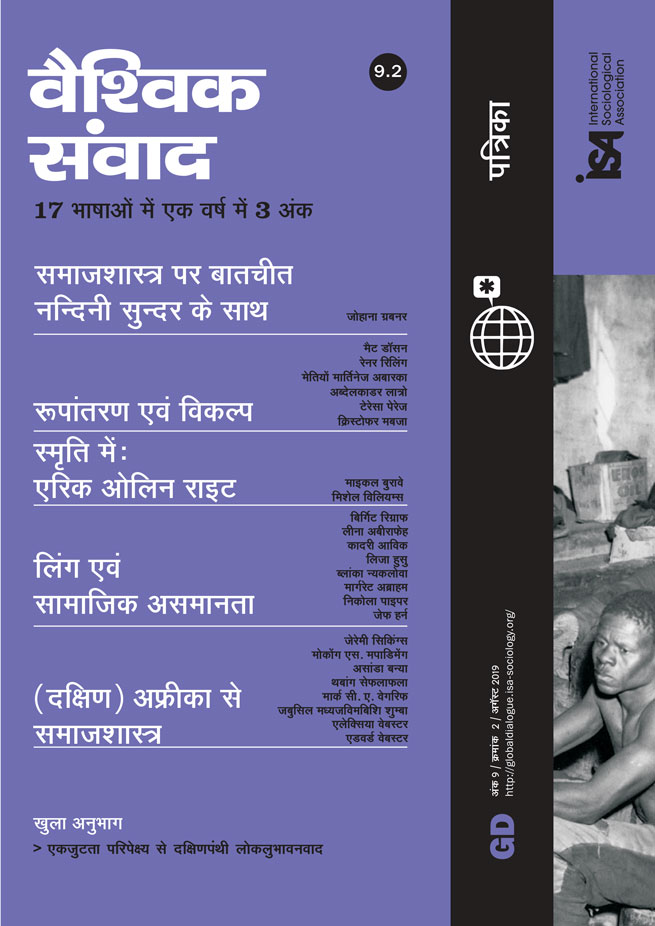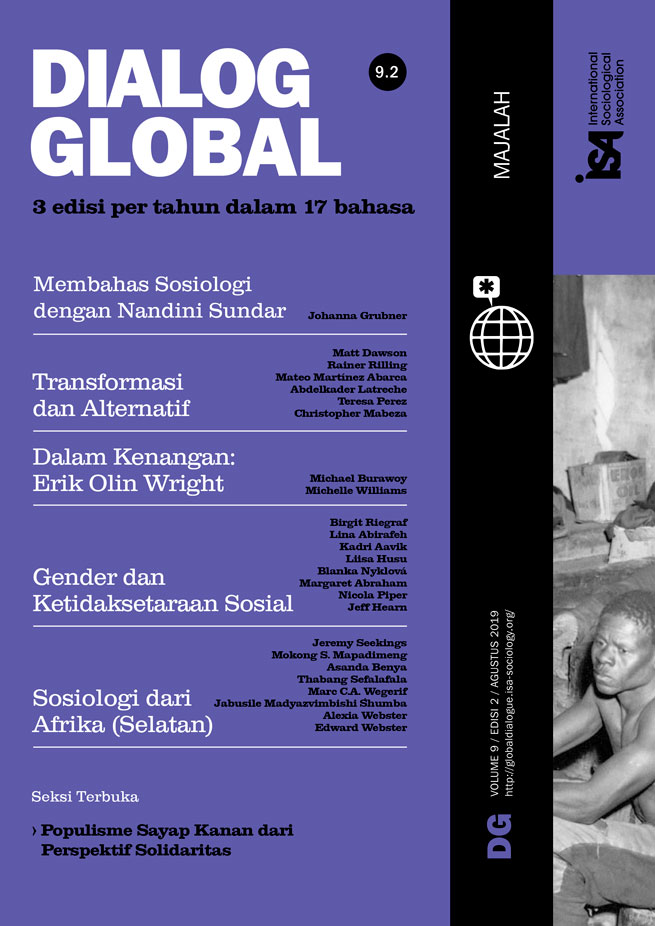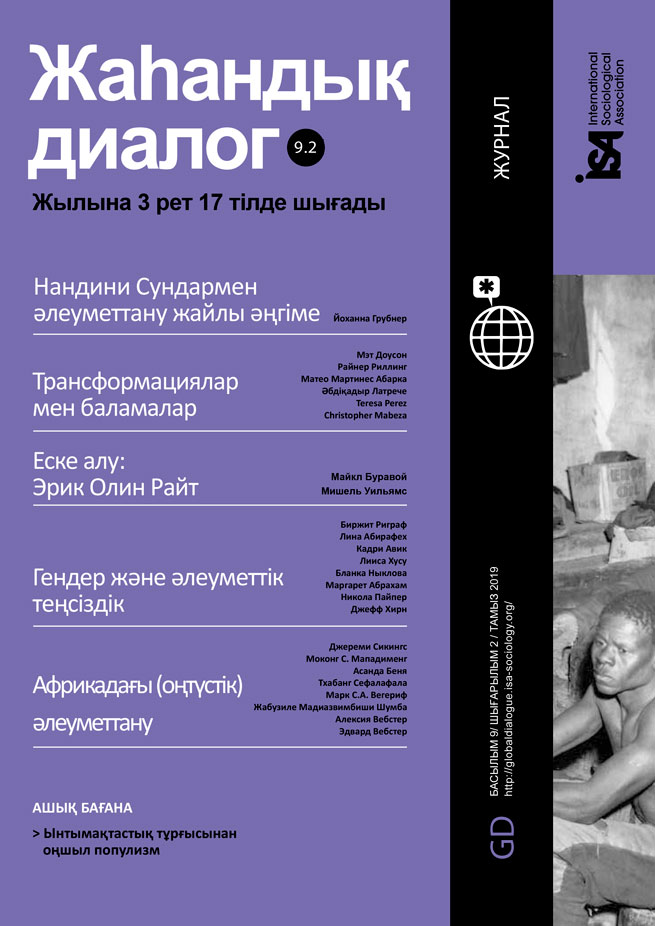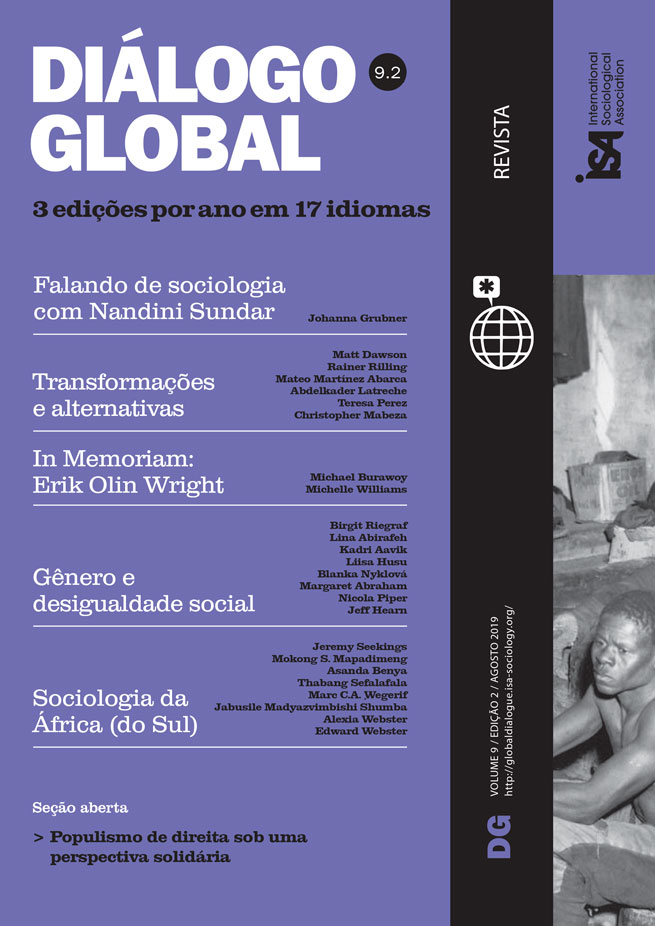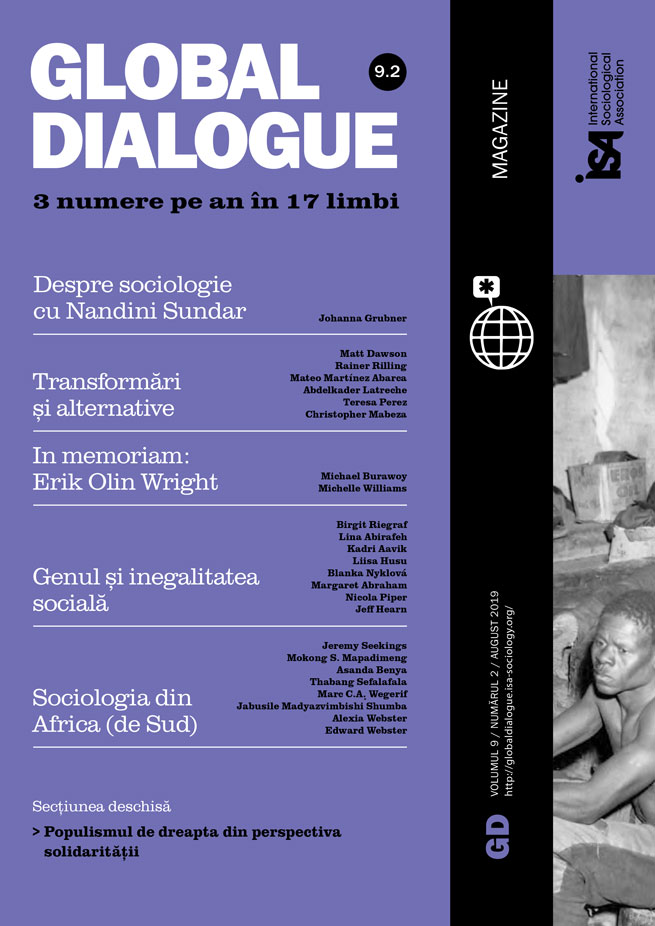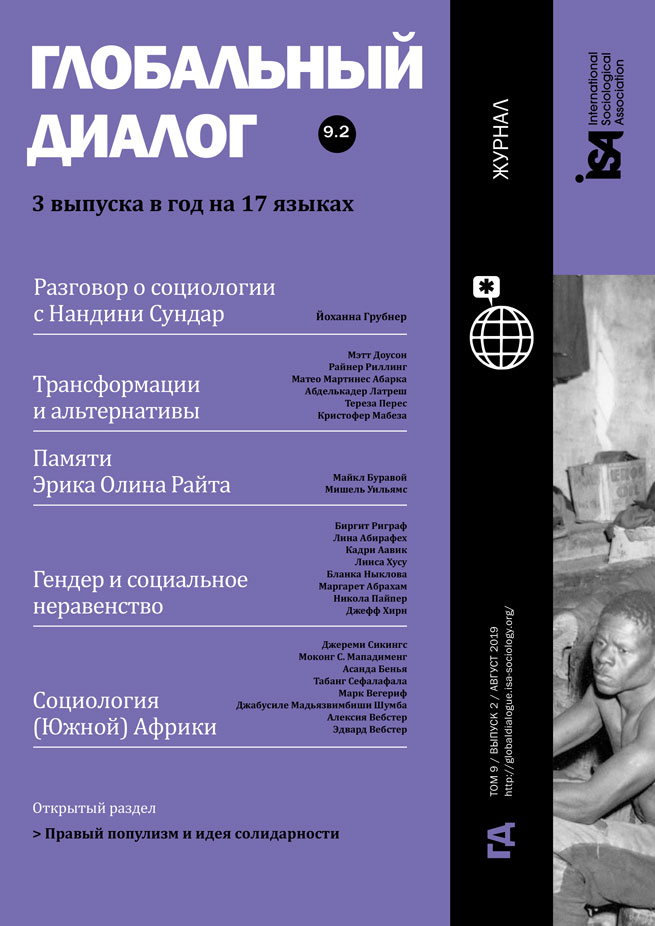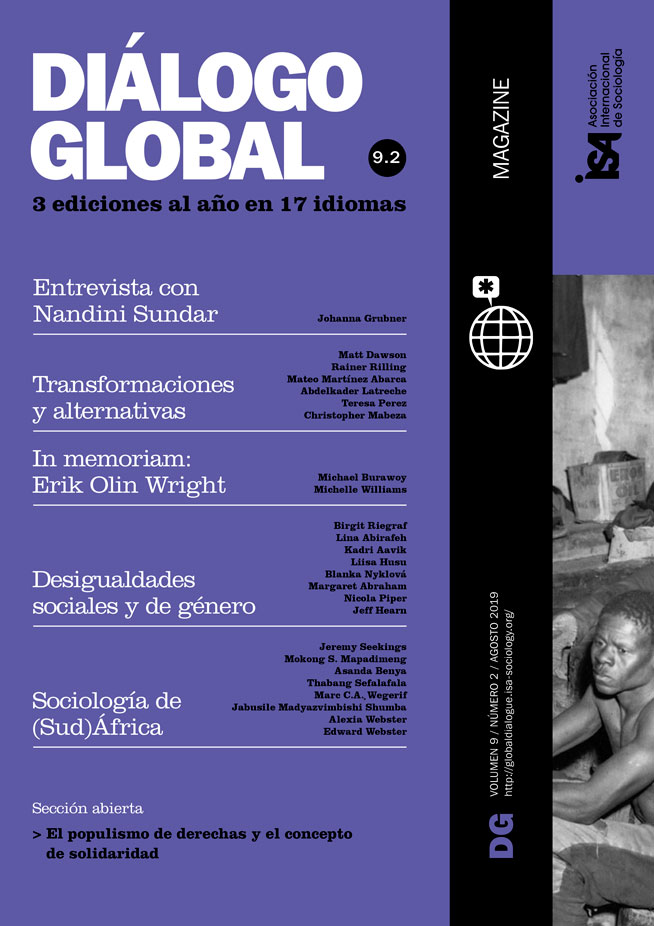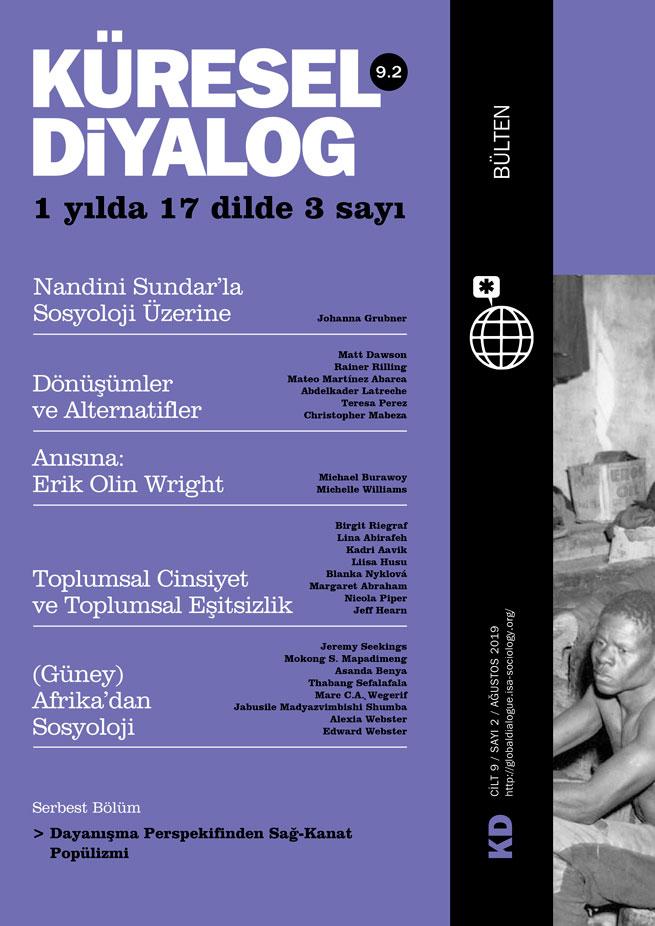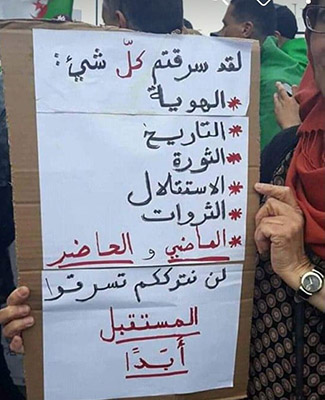Forecasting, prospecting, or shaping the future of the Arab countries or of the Arab world is a challenging and difficult task. Challenging, because it deals with countries over-fascinated with the future, split between the splendors of the past and the miseries of the present. These are societies in eternal debate between the traditional (qadim) and the modern (jadid), and in permanent dialectic between rupture and continuity in the search for a better tomorrow, including the eternal search for the renewal of the myth of the “Arab Nation.” Difficult, because the Arab countries have been in a phase of change since the nineteenth century: after decolonization came the building of the nation-state; thereafter came different types of crisis caused by divisions and conflicts and the search for renewal (tajdid). By taking on the struggle for emancipation, renewal (modernism) rebels against traditionalism and generates ruptures. That is also why the Arab countries always appear weak and wanting to redo everything; in their revolutions for freedom, similar to those of the nineteenth century in Europe, the present is always opposed to history, whose symbols must be destroyed. In contrast, the future is synonymous with renewal, rupture, and modernism, as seen in the nineteenth-century Arab revival movement that denounced the stagnation of the Arab society and promoted the emergence of a new modern political space.
The idea of the future of the Arabs, of the “Arab Nation,” or of the Arab countries has always been present in Arab thought, political movements, and parties, before and after the independence of the Arab countries. This idea, which cannot be dissociated from the contemporary history of the Arab countries, in particular the movement of renaissance (Nahda), decolonization, modernization, and the building of new nation-states, was exclusively associated with the idea of Arab unity and/or Arab common action for decades. Social and popular efforts related to the Arab dream are still ongoing in various literary, artistic, sports and other fields. Clearly, the idea of the future of the Arabs transcends both generations and time. But it has become more challenging, in particular with the future demographic growth of the Arab population.
The other future
Since their independence, the Arab countries have shown their willingness to modernize the management of the state by creating and adopting new national and regional institutions, legal and legislative frameworks, and diverse national and regional development policies. These national and regional efforts have necessitated the mobilization of immense quantities of national resources and have always been dependent upon one primary source of wealth - oil or gas, tourism, or agriculture. A crisis in the primary sector - such as the fluctuation of oil and gas prices - creates large deficits and stops public investment, and thus results in economic as well as social crisis. The uniqueness of the Arab economies and their total dependency on one sector cannot continue; the Arab countries have to manage their economies differently and change the ways in which they use their resources, especially oil and gas. This major change, or “rupture,” needs a real diversification of the economy that goes beyond the oil and gas industry, enhances the value of productive work, and encourages and supports local productive initiatives in an inclusive way. It requires the elimination of all exclusive practices based upon gender, age, religion, ethnicity, and economic, social, regional, and tribal affiliation, among others. The future stability of the Arab countries requires the reform and modernization of their political systems to enable participation of all components of the population, and a break with the notion of a leader for life (président à vie), which dominated the Arab political scene throughout the twentieth century. The other institutional rupture concerns improving the efficiency of national political institutions and the modernization and professionalization of regional Arab institutions; these need to be empowered, and made more autonomous of politics.
The “other” future of the Arabs involves a rupture or break with all attitudes by adopting new strategies based upon the intensification and enhancement of local (individual or group) initiatives, in order to create “new citizens” who participate in the economy, politics, and society. This participation requires the organization of civil society through the creation of different free and autonomous social and professional associations, as well as the ongoing involvement of different groups of people, such as entrepreneurs, professionals (lawyers, engineers, teachers), students, young people, women, and social institutions, in the general development of society. It also requires a general debate over the elaboration of national policies. This does not mean a reduction in the competencies of the state, but an increased involvement of non-governmental partners in order to create an inclusive form of governance that will strengthen the relationship between the governing and the governed.
This rupture in both behavior and thinking also involves a responsible and courageous discussion of types and modes of governance, and of the status of women in the Arab countries, avoiding all forms of populism. Likewise, the place of Islam in society has to be discussed calmly in order to reaffirm its centricity within the state.
The future of the Arab countries by the end of the 21st century will not depend exclusively on institutional and behavioral ruptures or breaks: it will also depend upon how the Arabs see their place, role, and function in the world, both as nations and as a region. Are they eternally going to be producers solely of oil and gas and importers of various useful and non-useful consumer products? Is the Arab region always going to be a region of conflicts and war, producing more and more refugees and excluded people? Or, are the Arab countries going to form a stable region, without conflicts and displaced people, and with strong social protections and a performing education and health system? What will the new Arab generations produce in terms of industry, medicine, technology, and science? What will be their contribution(s)?
The interaction of different institutional and behavioral ruptures and breaks should go hand in hand with the emergence and elaboration of the new role and place of the Arab countries in the world. This does not require special institutions or legislation as much as a belief in the possibility of another Arab world. This could be the starting point of a new internal discussion of the future that the Arabs want. This future will not be limited to improvised political reforms, re-unification or union, but will aim at the elaboration of a regional vision based upon the pragmatic, fundamental, and common interests of the Arab countries, the maintenance of stability, the prevention and resolution of conflicts, prosperity, security, inter-regional exchange(s), and co-operation.
The future of the Arabs in the end of the 21st century has to be created and planned now in order for future generations to inherit the foundations of a New Arab World, foundations that have to be initiated and designed internally, not imported or designed artificially. It will not be a total rupture or break with all the achievements of the past; in past centuries, the Arab countries experienced enormous changes and reacted to events, and these should be used as a foundation to build the future. The future has to be considered as a priority now, in order to avoid reproducing the same misadventures, frustrations, and defeats of both the past and the present, in particular with the growth and multiplication of internal and external challenges in the near and distant future.
The objective conditions for the emergence of a new prosperous Arab world, to which the Arabs, but also their neighbors and friends, aspire, are diverse. Where ruptures and breaks are necessary, they must take place through dialogue and exchange, not through violence and exclusion. This is one of the most important challenges for both present and future generations of Arabs. For this reason, the future of the Arabs must be a priority concern of all Arabs today, not the concern of one sole country but a regional concern.
Abdelkader Latreche, sociologist and demographer, Qatar/Algeria <ablatre@yahoo.fr>
